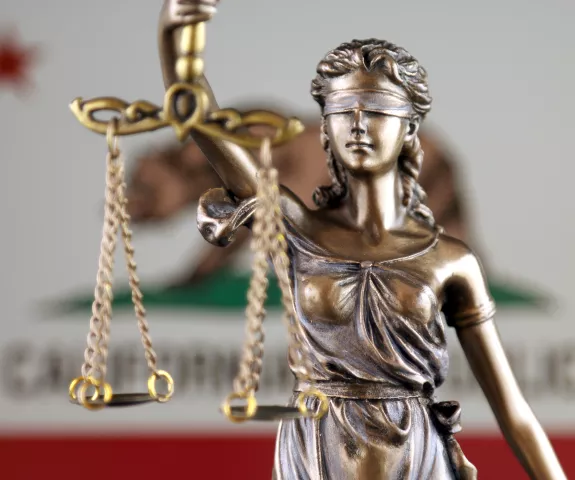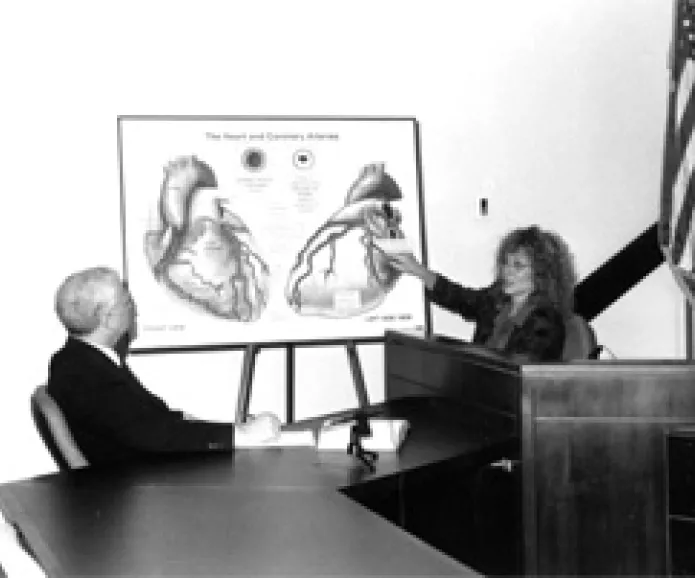
Careers in Jurisprudence
All forensic science is evidence used by lawyers in presenting and explaining their cases in court. Rapid advances in scientific knowledge during the past century resulted in scrutiny by attorneys and courts of the validity of then-current scientific analytical techniques. Consequently, many areas of forensic science — defined by the laws of evidence as "technical or other specialized knowledge" — are being evaluated by courts under changing standards of reliability, validity, and admissibility. A forensic scientist will frequently be asked to provide testimony as an expert witness who has conducted a scientific analysis of the evidence in a legal proceeding. Consequently, forensic scientists must be aware of the process involved in being qualified as an expert and the evidence standards that will be applied to the scientific analysis performed by the forensic scientist. Expertise comes from education, training, or experience and can be based on the scientific method or on specialized training.
Scope of Work
Counsel on both sides of a matter being tried in court, as well as the judge presiding over the trial, are lawyers. They are the main players in the drama of the courtroom. A lawyer who uses expert testimony in a criminal, civil, or other legal proceeding must know the laws that govern the admissibility of scientific evidence and be able to apply these laws when submitting or challenging scientific evidence in depositions and court proceedings. The judge, also, must understand the issues concerning the validity and admissibility of scientific evidence and must ensure the legality of the entire process. Much depends on the knowledge, training, education, and experience of the forensic scientist that a lawyer seeks to qualify as an expert witness since an expert witness, and only an expert witness, is permitted to testify to an opinion based on analyses performed by the expert.
Although each deposition, hearing, or court appearance is a unique experience, forensic scientists testifying in a legal proceeding may reasonably expect questioning to cover at least a few key areas before the scientist is qualified as an expert by the judge. The expert's experience in the field of specialized knowledge may be covered, together with any issues related to the expert's performance in the field. Experts well-versed in their discipline should be aware of their limits and be able to testify with ease about what can — and cannot — be known regarding a given piece of evidence.

Education and Training
Members of the Jurisprudence section must possess a law degree, have passed a bar examination, and be licensed members in good standing of the bar in one or more states. Full-time law school students are eligible to join the section as Student Affiliates. Continuing education is essential for lawyers to stay current as forensic science advances and legal standards adapt to these advances. Judges are lawyers who have been appointed or elected to the bench. Since judges serve as "gatekeepers" for the admissibility of scientific evidence and of expert witnesses, they too should take continuing education courses to remain fully aware of the issues surrounding the admissibility, reliability, and validity of scientific evidence and of the experts testifying to its use.

Career Opportunities
Lawyers working with forensic science issues may be employed in a variety of broad fields or specialties and by a broad range of employers and organizations. Some are in private practice; others work in district attorney's offices, state attorney's offices, public defender's offices, or for federal, state, or local government agencies. Some are employed by large private companies; still others teach in colleges and universities. Hours of work and income are dependent on geographical area, place of employment, experience, status and reputation, and type of practice.
Disciplines of Forensic Science
The AAFS is composed of more than 6,000 scientists organized into 12 sections representing the different areas of interest, activity, education, and expertise of individual members.
Begin Your Journey
How can you get closer to the forensic science community, and do your part in advancing the industry?